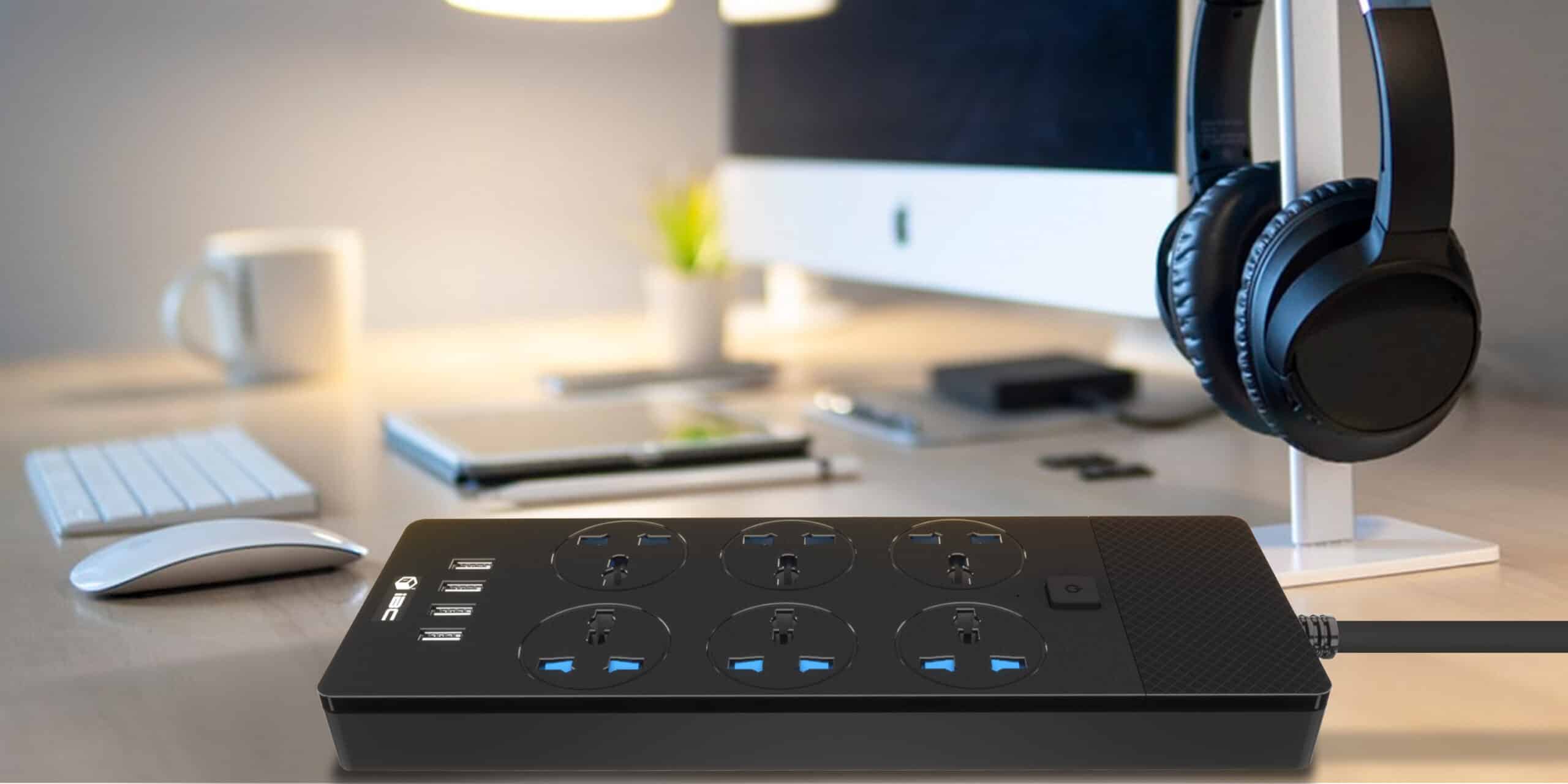Whenever you need more power to run equipment, you might consider using extension leads. However, depending on what you’re plugging in, these can be highly dangerous. Follow these tips to ensure safety whenever you use your extension leads.
Usage Guidelines For Extension Cords
Don’t stretch the cord beyond its length guideline. Stretching the cord increases the voltage drop.
Don’t plug extension cords together
Whenever you plug multiple extension cords together, you’re creating a complex circuit. This adds to the impedance of the circuit, putting additional strain on the outlet and increasing the risk of a fire.
Don’t use damaged cords
If an extension lead is damaged—whether it’s frayed, kinked, or pinched between surfaces—don’t use it. In addition to the risk of a shock or fire, damaged leads will deliver a poor charge and cause your equipment to perform poorly.
Never use electrical cords for long-term wiring
Extension leads aren’t designed for permanent installation. The conductors inside may be exposed, and the extension lead may not have its own circuit breaker. Instead, wire your equipment with permanent electrical cable and install a dedicated breaker in a circuit panel.
Avoid Connecting Larger Appliances to the Extension Cord
Do not connect heavy appliances to the extension lead, like freezers, refrigerators, and washing machines. These have high current demands, which cause power drops and voltage drops across the entire lead. Also, the strain from struggling to deliver power to these heavy devices can break leads and cause dangerous voltage spikes.
Avoid metal fasteners to secure cords
Do not use staples, nails, or anything else that poses an electrical hazard to secure your extension lead to a surface. Instead, use hooks or clasps that can be securely fastened without using tools.
Cords should not be placed through doorways
To prevent people from tripping over the lead, ensure that the cord is not dragged across pathways or placed through doorways, as this could cause a trip hazard.
Avoid utilizing extension cords next to heat sources, water, or busy areas
Like all materials, electricity doesn’t like water. Therefore, avoid placing your extension lead near water-based areas. Also, due to the effects of heat on plastic, nylon, and other materials, it’s not safe to place extension leads in areas that are regularly exposed to sunlight or heat.
Check the label if its for Indoor or Outdoor
Check the label to determine whether your extension lead is suitable for outdoor or indoor use. If you intend to use the lead outdoors but bought one that was intended for indoor use, then you may be susceptible to electrical shocks and power cuts caused by windy conditions. For outdoor use, an outdoor type cord with a sturdier insulation is required to withstand wind and moisture.
Use of extension cables requires adherence to safety regulations. In some circumstances, such as those involving a power outage or when a circuit breaker has been shut off, you should never use an extension cord.
If you’re searching for high-quality and certified extension leads, I strongly suggest the T12 Series Travel Adapter of IBlockCube. This type of extension lead has passed CE, FCC, UKCA and RoHS certifications.
It has built-in overload protection and anti-surge protection, using 100% pure, high-quality, durable copper wire to ensure the safety of you, your family and electrical appliances.

